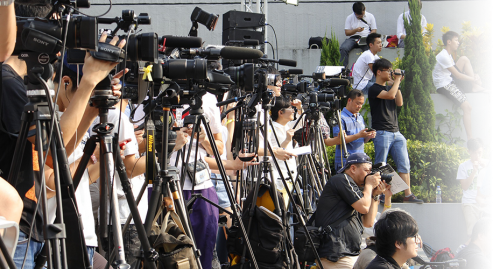“The Mapping Digital Media project examines the global opportunities and risks created by new and digital media. Covering 56 countries, the project assesses how these changes affect the core democratic service that any media system should provide – news about political, economic, and social affairs – and how they can help advance open society values. The Mapping Digital Media research confirms that digital television and the internet have had a radical impact on media businesses, journalists, and citizens at large. As might be expected, platforms distributing journalism have proliferated, media companies are revamping their operations, and citizens have access to a cornucopia of news and information sources. Other findings were less foreseeable: digitization has brought no pressure to reform state broadcasters, less than one-third of countries found that digital media have helped to expand the social impact of investigative journalism, and digitization has not significantly affected total news diversity. The Global Findings reveal other common themes across the world: 1) Governments and politicians have too much influence over who owns, operates, and regulates the media, 2.) Many media markets are rife with monopolistic, corrupt, or untransparent practices, 3) It’s not clear where many governments and other bodies get their evidence for changes or updates to laws and policies on media and communication, 4) Media and journalism online offer hope of new, independent sources of information, but are also a new battleground for censorship and surveillance, 5) Data about the media worldwide are still uneven, unstandardized, and unreliable, and are often proprietary rather than freely accessible. The 16 chapters in this report provide a unique survey of thematic and geographical trends, and provide new insight into how the information and communications revolution is shaping the new landscape of media and journalism.”

